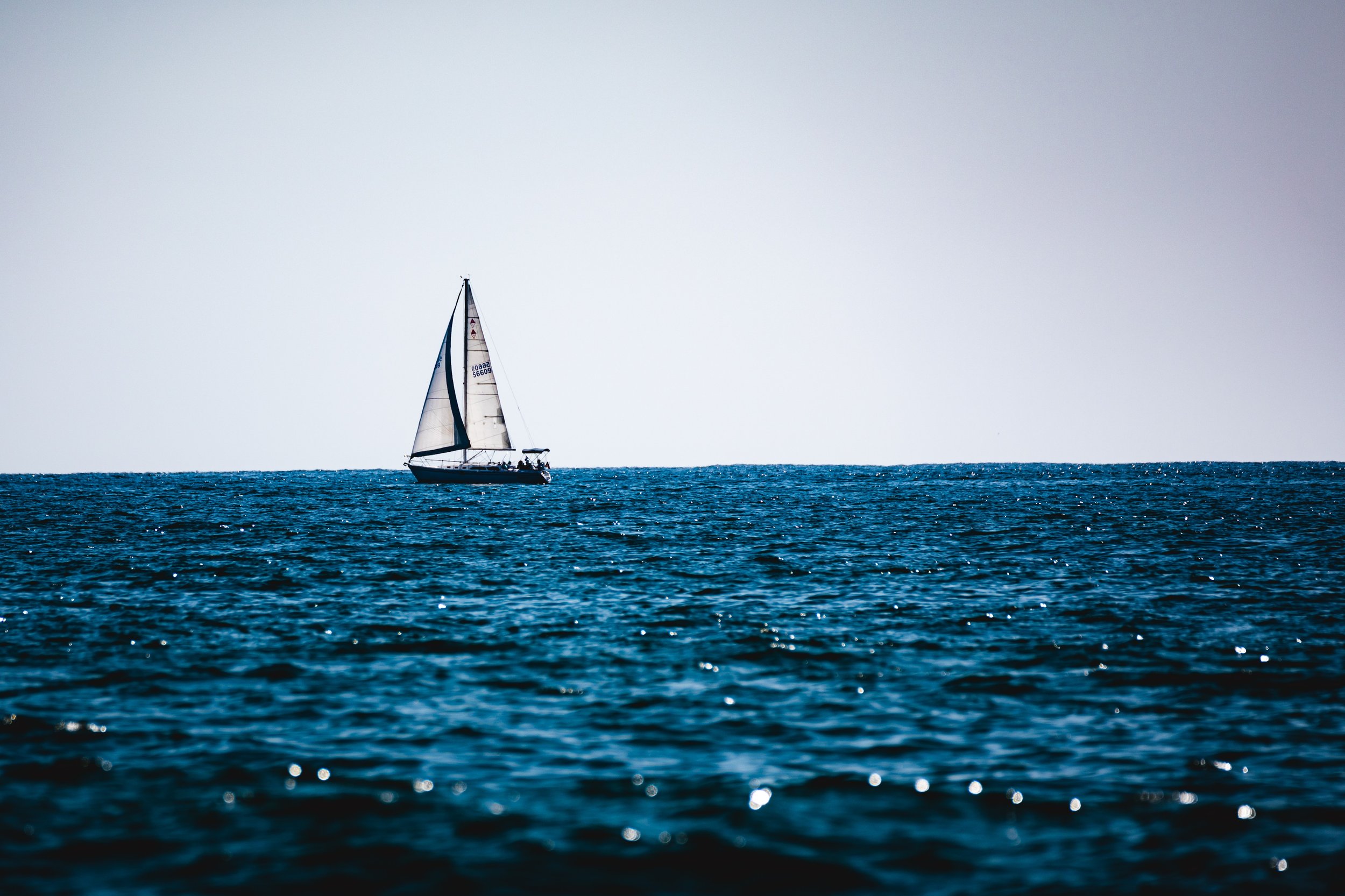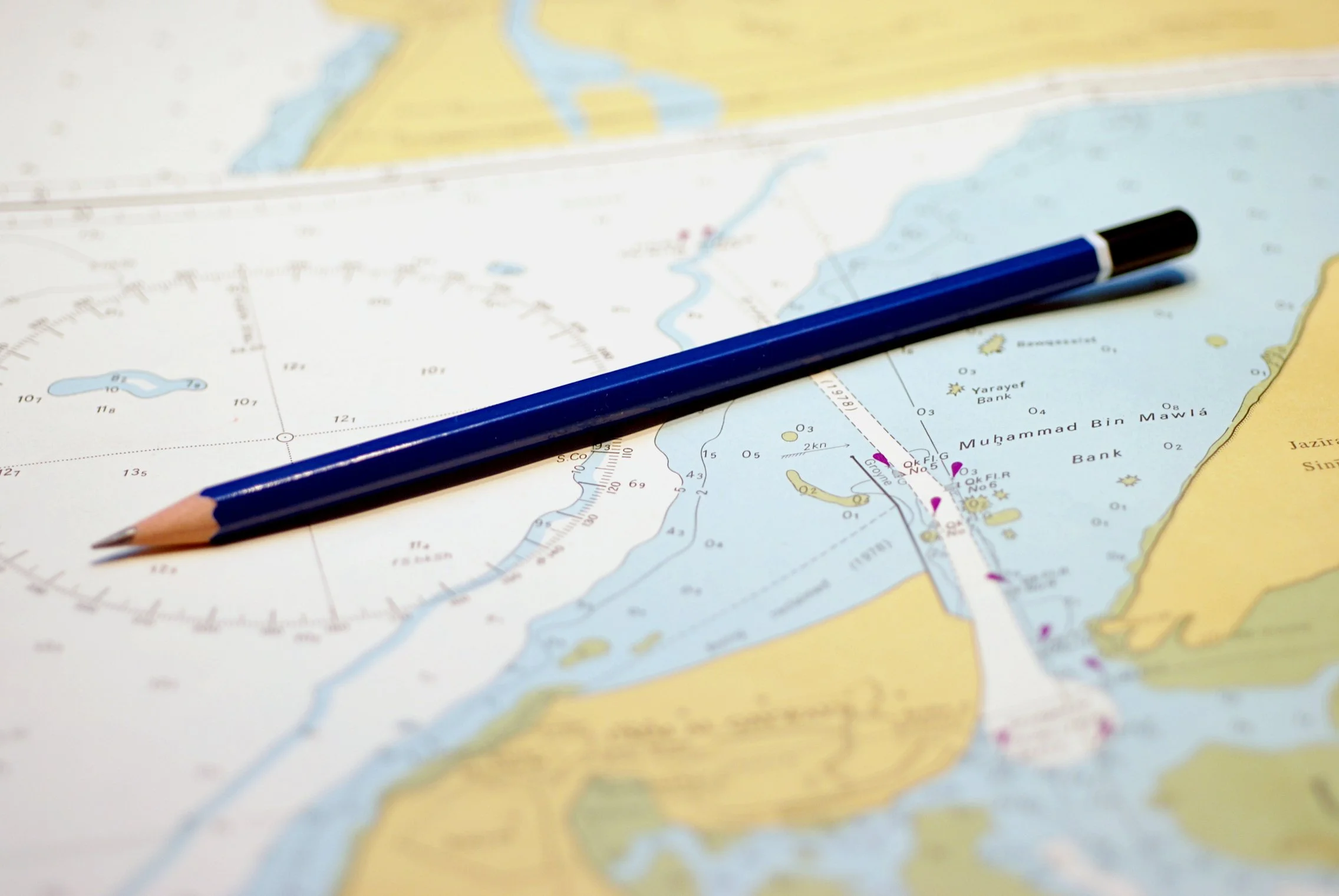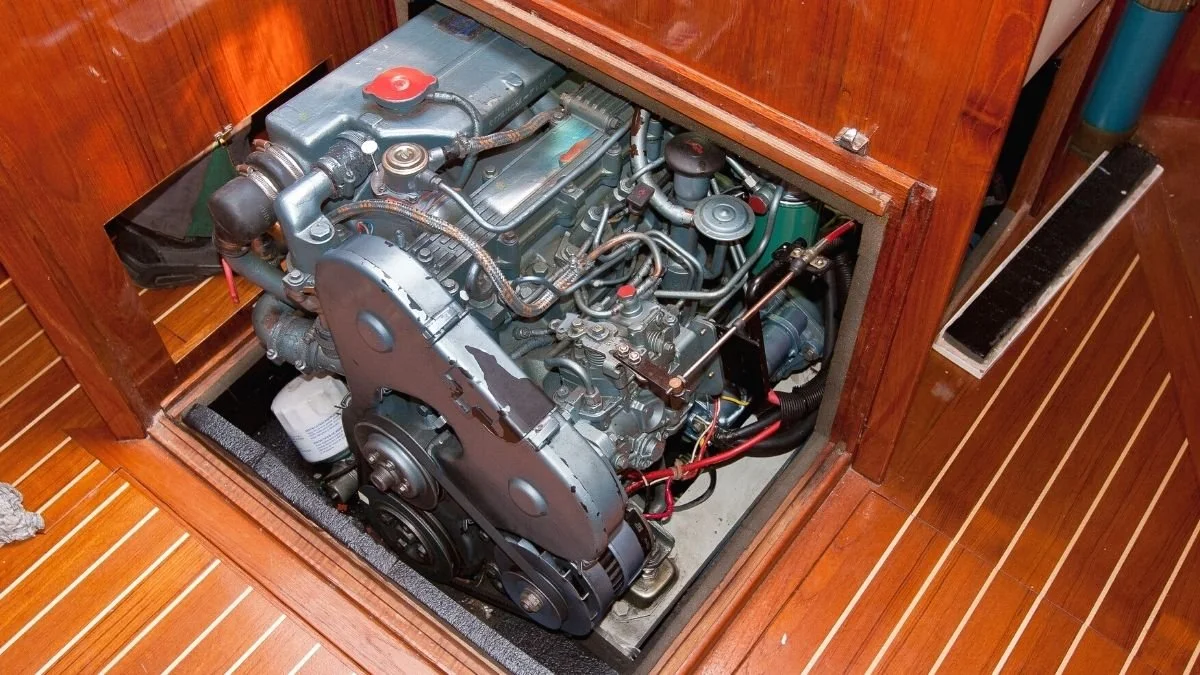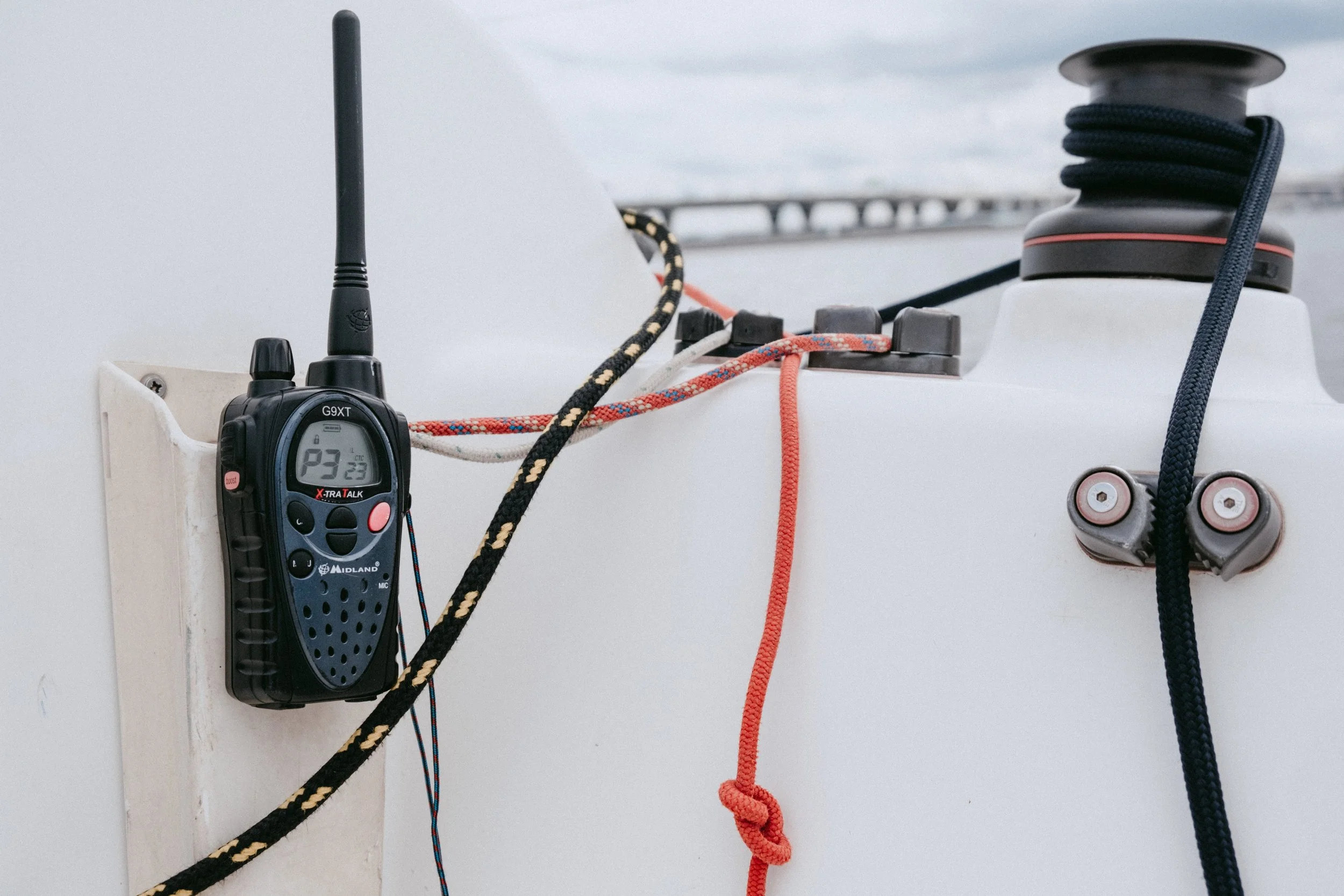Yachtmaster Coastal/Offshore
Ideal for candidates for the Coastal Skipper practical course & Yachmaster Offshore exam

-
This course includes some revision of the Day Skipper shorebased course plus more advanced skills in offshore & coastal navigation
by day & night, pilotage & meteorology.Required experience: Knowledge to the level of Day Skipper Shorebased.
Minimum duration : 40 hours plus exam time.
Minimum age: None.
Content : Position fixing, course shaping and plotting, tidal knowledge, use of almanacs and admiralty publications, electronic position finding equipment, taking and interpreting forecasts, plotting weather systems, weather predictions using a barometer.
Certificate issuing criteria: Background knowledge to skipper a yacht on coastal passages by day & night.
Format: This is a shorebased course to be taken in the classroom.
Included in the fee: Educational material.
Not included in the fee: Accommodation & food. -
This is an advanced course in navigation and meteorology for candidates for the Coastal Skipper and Yachtmaster Offshore Certificate.
The syllabus makes some provision for the revision of subjects in the Day Skipper Course but those who have not acquired the knowledge set out in the Day Skipper Course are unlikely to be able to assimilate all the subjects covered in this advanced course in the time available.
The assumed level of knowledge before starting this course is the Day Skipper Shore based Course.1. Position
Dead reckoning and estimated position
Satellite-derived position
Use of waypoints to fix position
Radar fixes
Techniques of visual fixing
Fixes using a mixture of position lines
Relative accuracy of different methods of position fixing
Areas of uncertainty2. The magnetic compass
Allowance for variation
Change of variation with time and position
Causes of deviation
Swing for deviation (but not correction)
Allowance for deviation
Different types of compass3. Tides
Causes of tides - Springs and Neaps
Tide tables - sources
Tidal levels and datum
Standard and secondary ports
Tidal anomalies (Solent, etc.)4. Tidal streams
Harbour regulations and control signals
Methods of pre-planning
Clearing lines
Use of soundings
Transits and leading lines5. GPS and chart plotters
Principles of operation and limitations of use
Raster and vector charts
Datum
Importance of confirmation of position by an independent source and keeping a separate record of position
Importance of paper charts6. Sources of tidal information
Tidal stream information in sailing directions and Yachtsmen's Almanacs
Allowance for tidal streams in computing a course to steer
Tide rips, overfalls and races
Tidal observation buoys, beacons etc.7. Buoyage
IALA system buoyage in Region A
Limitations of buoys as navigational aids
Lights
Characteristics
Ranges - visual, luminous and nominal
Rising and dipping distances
Light lists8. Pilotage
9. Echo sounders
Principles of operation and limitations of use10.Logs (speed and distance measuring)
Principles of operation and limitations of use11. Deck log
Importance of log as yacht's official document
Layout of log, hourly and occasional entries12. Meteorology
Basic terms, the Beaufort scale
Air masses
Cloud types
Weather patterns associated with pressure and frontal systems
Sources of weather forecasts
Ability to interpret a shipping forecast, weather-fax and weather satellite information
Land and sea breezes
Sea fog
Use of a barometer as a forecasting aid13.Rule of the Road
A sound knowledge of the International Regulations for
Preventing Collisions at Sea, except Annexes 1 and 314.Safety at Sea
Personal safety, use of lifejackets, safety harnesses and lifelines
Fire prevention and fire fighting
Distress signals
Coastguard and Boat Safety Scheme
Preparation for heavy weather
Liferafts and helicopter rescue
Understanding of capabilities of vessel and basic knowledge of stability15.Navigation in restricted visibility
Precautions to be taken in fog
Limitations to safe navigation imposed by fog
Navigation strategy in poor visibility
RYA Shorebased courses

“ Any fool can carry on, but a wise man knows how to shorten sail in time ”
Joseph Conrad, Polish-British Writer





